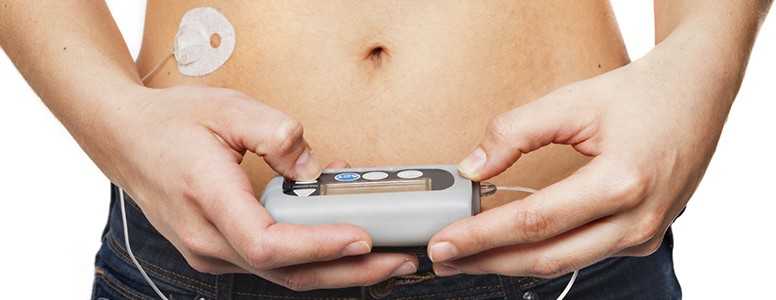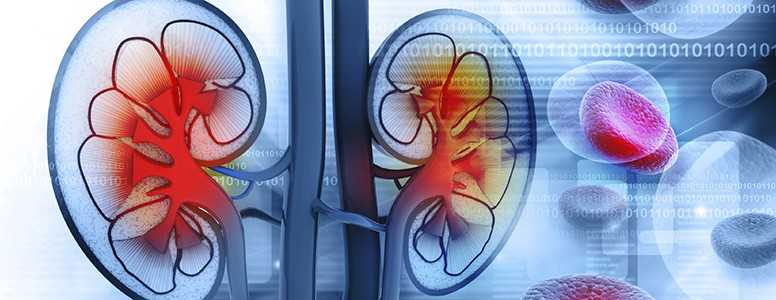Adults with poorly controlled type 2 diabetes had improved blood glucose control from insulin pump therapy compared to multiple daily injections (MDI), according to new findings.
Researchers at University Hospital Clinic, Spain evaluated data from 331 adults with type 2 diabetes. The adults, whose mean age was 56, had HbA1c readings between 63.9 mmol/mol (8 per cent) and 107.7 mmol/mol (12 per cent).
All patients were taking multiple daily injections prior to the study. They were then randomly assigned either to continuous subcutaneous insulin infusion (CSII) – also known as insulin pump therapy – or continued taking MDI. The study period was six months.
Changes in blood glucose levels were collected using continuous glucose monitoring over six-day periods before and six months after randomisation.
After six months, the average HbA1c in the insulin pump therapy group significantly decreased to 7.9 per cent, while the mean result in the MDI group was 8.6 per cent.
Pump therapy participants also experienced greater reductions in postprandial glucose after breakfast and dinner compared to those in the MDI group. Furthermore, CSII did not increase the risk of hypoglycemia.
The researchers added: “It is important that, in this study, the reduction in exposure to hyperglycemia in the [pump therapy] group was not associated with an increase in time spent in hypoglycemia.
“There was only one episode of hypoglycemia during the study, which occurred in the [multiple daily injection] group.”
What's new on the forum? ⭐️
Get our free newsletters
Stay up to date with the latest news, research and breakthroughs.





